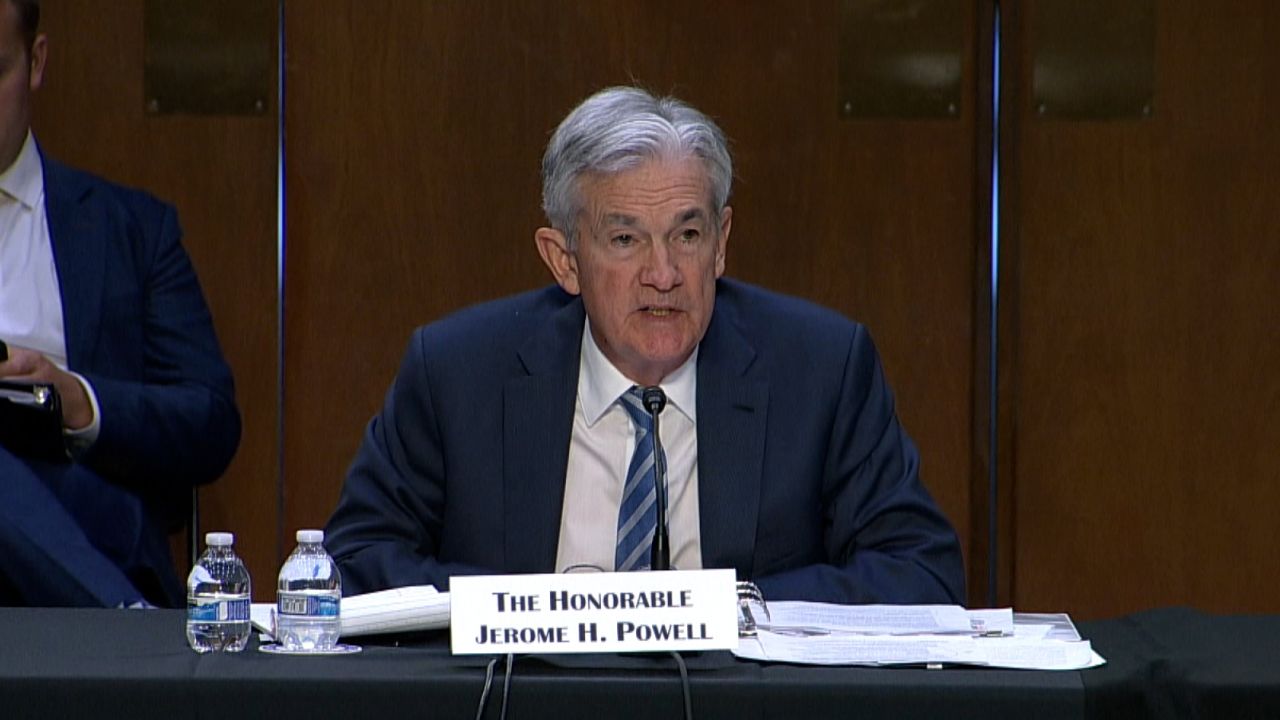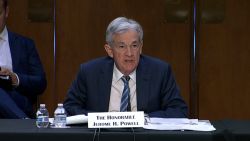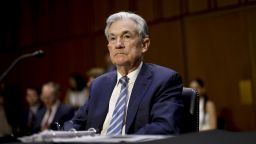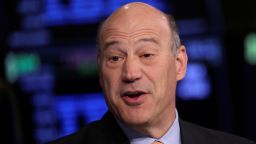Federal Reserve Chairman Jerome Powell told lawmakers on Thursday that aggressive interest rate hikes designed to tame inflation could lift unemployment on Main Street.
Powell said that although it’s “certainly possible” to get inflation under control without causing job losses, that may not be the case.
“There is a risk that unemployment will move up, from what is an historically low level though,” Powell said during a hearing before the House Financial Services Committee.
Powell said the Fed’s interest rate increases are “designed to drive growth down to a level that is more sustainable and give the supply side a chance to catch up.”
However, he conceded that the Fed does not have “precision tools” and job losses could be in the cards.
The unemployment rate stood at just 3.6% in May, down from nearly 15% in April 2020. Last week, Fed officials projected the unemployment rate will rise to 3.9% at the end of 2023 and 4.1% at the end of 2024.
Powell said that unemployment above 4% would “still be very strong.”
The Fed chair noted that today there are two vacancies for every unemployed person. “That’s a labor market that’s kind of overheating,” he said.
The Fed admits it underestimated inflation
Powell conceded that the US central bank misjudged the risk of high inflation.
Republican Rep. Ann Wagner told Powell she believes the Fed “underestimated actual inflation” and asked what officials missed here.
“We did underestimate it. With the benefit of hindsight, clearly we did,” Powell said in response, reiterating previous comments he has made acknowledging it would have been appropriate for the Fed to have moved faster to fight inflation.
The Fed chief said it comes down to the judgment call officials had to make about when supply-side problems linked to Covid-19 would ease.
“Every central bank had to make the same judgment,” Powell said.
Specifically, he pointed to uncertainty over when supply chains and the flow of workers would get back to normal.
“The thought was people would come back” as vaccines were rolled out, Powell said, adding that the thinking was that society would be “done with Covid by the end of the year.”
As it turns out, supply-side problems did not get better and remain problematic.
“That was the judgment we had to make. We knew it could be wrong. And when it started to look pretty wrong, we pivoted,” Powell said.
The Fed will stay focused on lowering inflation
Asked how the Fed would respond to a situation where unemployment rises and the economy contracts but inflation remains high, Powell stressed a focus on inflation.
“The main thing is we can’t fail on this. We really have to get inflation down to 2%,” Powell told lawmakers. “We’re going to want to see evidence that it really is coming down before we declare any kind of victory.”
Powell signaled the Fed would not be as quick to lower interest rates as in previous slowdowns.
“I think we’d be reluctant to cut,” he said.
Powell added that Fed officials will “try to make good judgments in real time.”
The Fed chief also declined to endorse comments from former Treasury Secretary Larry Summers, who reportedly said getting inflation under control will require five years of unemployment above 5% or one year of 10% unemployment.
Powell said the answer depends to a significant extent on what happens to supply bottlenecks.
“We wouldn’t see anything like that” if supply-side problems get worked out, Powell said, adding that it is a “highly uncertain time.”


























